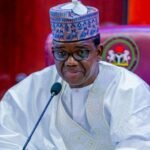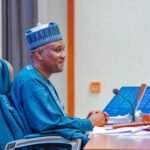The Oputa Panel, also known as the Human Rights Violations Investigation Commission, was a commission of inquiry set up by the Nigerian government in 1999 to investigate human rights abuses that occurred during the military era of Nigeria’s history.
The panel was headed by Justice Chukwudifu Oputa and consisted of several other prominent Nigerians, including human rights activists, lawyers, and academics. The panel was tasked with investigating human rights abuses that occurred between January 15, 1966, and May 28, 1999, which covered the period of Nigeria’s military rule.
The Oputa Panel held public hearings across Nigeria and invited victims of human rights abuses, their families, and witnesses to testify. The panel also received written submissions from individuals and organizations. The hearings were broadcast on national television, allowing the Nigerian public to follow the proceedings.
The panel’s findings included evidence of extrajudicial killings, torture, and other human rights abuses committed by the Nigerian military and security forces during the military era. The panel also made recommendations for reparations for victims of human rights abuses, as well as institutional reforms to prevent future abuses.
Although the Oputa Panel’s recommendations were not fully implemented, its work was seen as a significant step towards addressing the issue of human rights abuses in Nigeria. The panel helped to raise awareness about the need for accountability and justice for victims of human rights abuses, and it paved the way for other initiatives aimed at addressing the legacy of Nigeria’s military rule.







